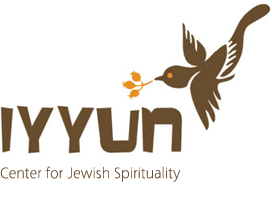Lack of movement is the opposite of kedusha/holiness, therefore sleep is considered an impurity.
On arising we wash our hands to symbolize removal of any spiritual impurities that occupy our bodies during sleep, also removing the impurities that may have resulted by contacting unclean places of the body. Additionally, this washing serves as a preparation for the holy act of prayer and is similar to that of the kohanim (“priests”) who would wash their hands prior to performing their tasks in the holy Temple.
The Hebrew word normally used for washing the hands is rachatz, but in the blessing over the washing of the hands, we say netilat, which means “to lift up.” The washing of the hands is thus symbolic of our offering up of the deeds of our hands in service to the One Above so that they be in sync with Divine will.
The five fingers of our hands represent the five senses, which make us aware of the diversity and multiplicity of our world. (The sixth sense, so to speak, is the sense of oneness.) The thumb corresponds to taste, the index finger to sight, the middle finger to touch, the ring finger to smell, and the pinky to hearing.
Furthermore, the five fingers represent the five grades of gevurah (“severity/judgment”). Water represents the opposite—chesed (“loving kindness/benevolence”). And so, we take a cup of water—with its natural free flow shows of chesed and also its undifferentiated seamless whole—and we empty it on gevurah, thus receiving the power to transform restrictions and concealment into vastness and openness. During the act of washing the hands, we are beneficiaries, and so we open our hands to demonstrate our willingness to receive. For this reason, the first letters of the final words of the blessing—al netilas yadayim—spell out the word ani, which means a “poor beggar,” someone who has nothing and is always in the midst of receiving.








